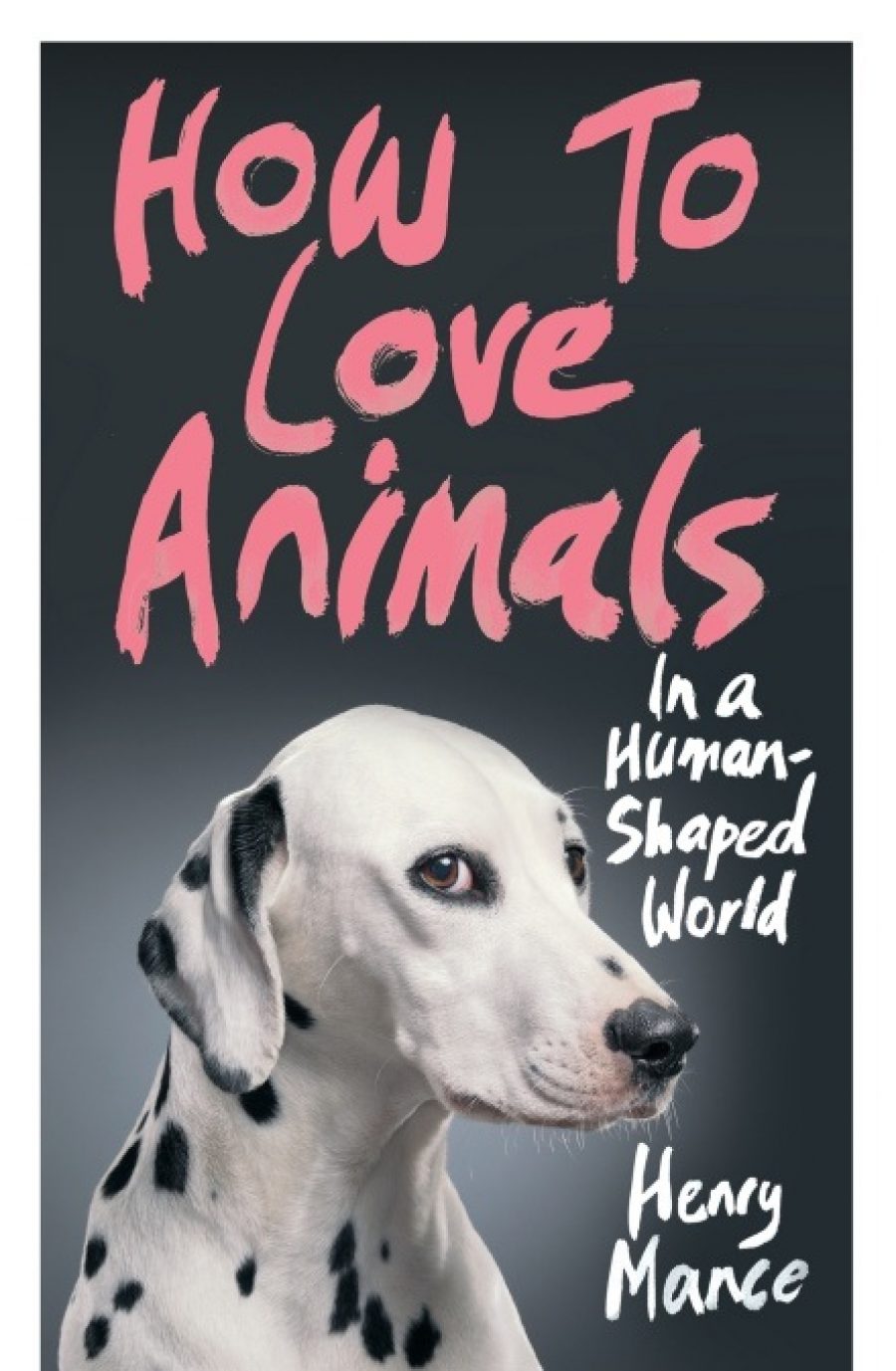
Henry Mance, the author of How To Love Animals and chief features writer for the Financial Times, answers five questions on the animal kingdom, writing and the creatures we share our world with. Henry is appearing at this year's Wigtown Book festival in September. You can book your tickets for his event here. You can find copies of How To Love Animals in our online bookshop.
1) At which point did you know that you needed to tackle this subject as a book?
It was an accumulation. Reading Sapiens by Yuval Noah Harari made me seriously think about factory farming for the first time. Then having kids brought animals flooding back into my life - teddies, cartoons etc - and prodded me to think properly about what it means to love animals. Throw in our pet cat, my worries about climate change, my love for the outdoors, and I didn't really have a choice but to write the book!
2) As you wrote How To Love Animals, did you develop a new found respect for a particular species?
Nearly every species I encountered. The social lives of cows, the ability of dogs to detect diseases, the effortless gliding of the California condor... I had no idea that zebrafish and fruit flies are used widely in scientific research, because, despite their huge differences with humans, there are also plenty of similarities.
3) What was the most surprising thing you learned while writing the book?
That 85 per cent of the farmland used to produce Britain's food is dedicated to livestock? That less than 5 per cent of Americans are vegetarians, but around 40 per cent would like to ban slaughterhouses? I also loved the stories of hope - like Doug and Kris Tompkins, American businesspeople, who spent their $400m fortune restoring wild spaces in South America.
4) What was the most difficult aspect of your research?
I worked in a slaughterhouse, but I think more difficult than that was finding a language that brings together all the different emotions we feel for animals: friendship, amusement, guilt, fear, ignorance, and so on.
5) Did writing the book have an effect on how you treat the animals in your own life?
Definitely: I was vegetarian before, now I'm vegan. More broadly I think I'm committed to finding beauty in the natural world wherever possible, and to making the case that we should shrink our footprint to allow other wonderful animals to flourish. I want our vision of progress to include caring for other species.